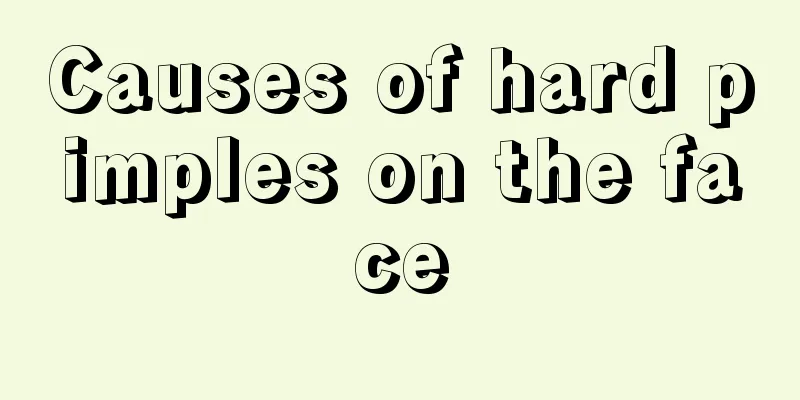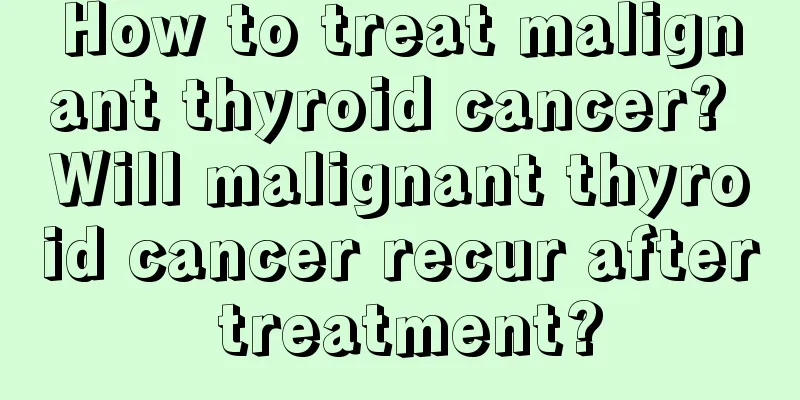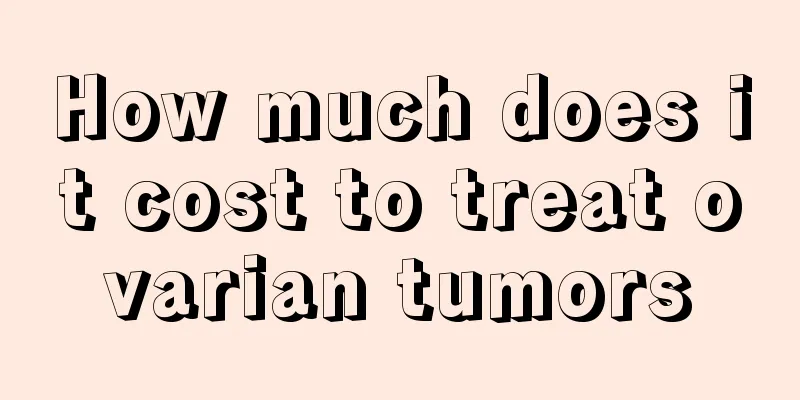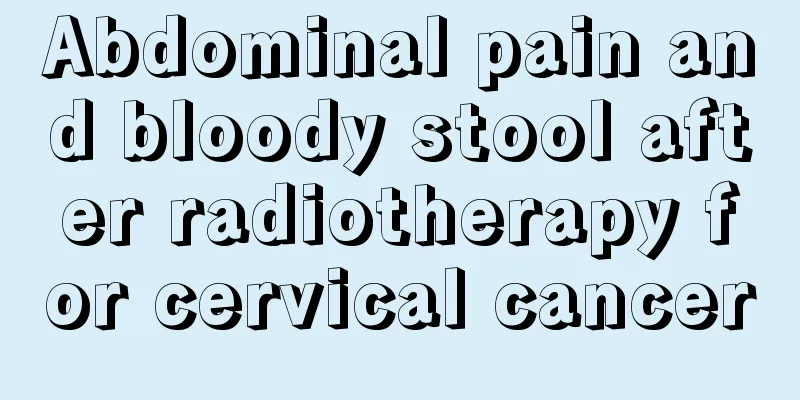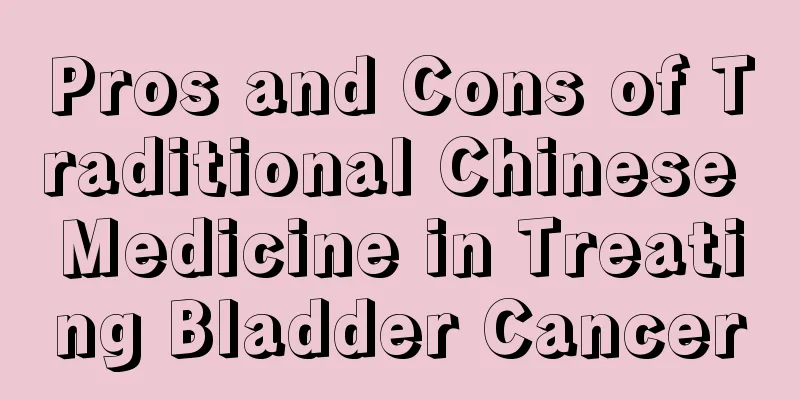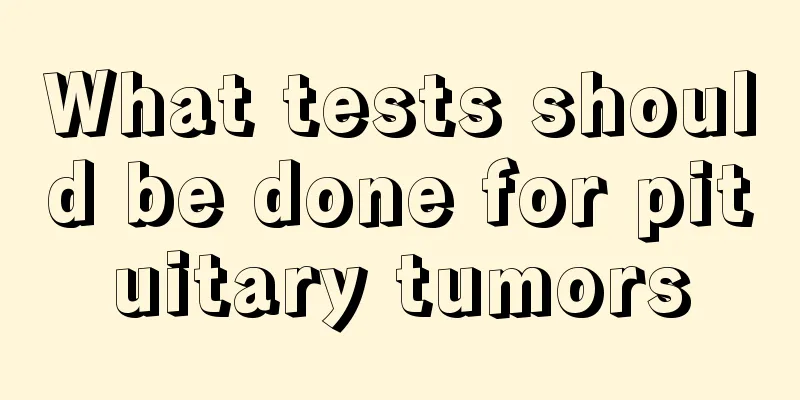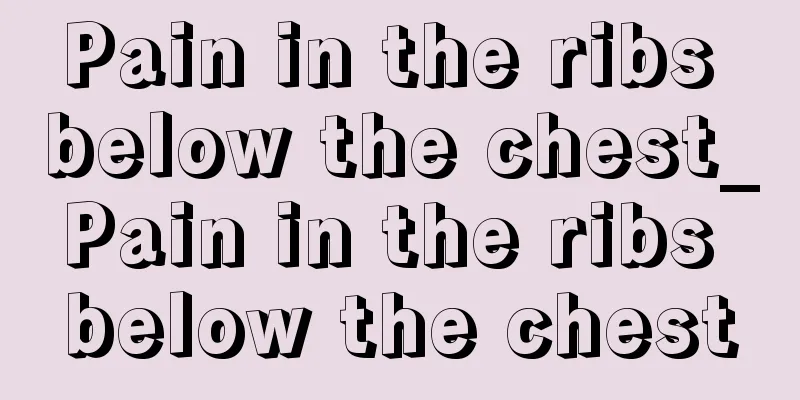What are the treatments for vestibular neuronitis

|
Vestibular neuronitis is a disease that mainly occurs through infection. During the onset of the disease, the patient's main symptom is dizziness, and even tinnitus may occur. The probability of these symptoms occurring is quite high. As the disease progresses, the patient will also feel special pain in his head. However, this pain is paroxysmal and generally will not last too long. However, every time the disease occurs, the patient will feel very uncomfortable. In addition, he may also feel dizziness to varying degrees, which is also very common. This symptom may last for more than several months, so patients must take effective treatment measures in a timely manner. 1. General treatment Rest in bed and avoid head and neck movements and sound and light stimulation 2. Symptomatic treatment Vertigo symptoms caused by vestibular damage should be treated with sedatives and tranquilizers. Those with severe vertigo and vomiting can be given intramuscular injection of promethazine hydrochloride or diazepam. If symptoms are not significantly relieved, the above treatment may be repeated as appropriate. After the vertigo is relieved, you can continue to take promethazine, diazepam or flunarizine (Sibelium). At the same time, vitamin B12, B2, niacin (nicotinic acid) or scopolamine can be taken orally and vitamin B12 can be injected intramuscularly. Hyperbaric oxygen therapy can be performed if necessary. 3. For acute attacks of vertigo Symptoms can be controlled according to the treatment of Meniere's disease. For prolonged vomiting, intravenous fluid and electrolyte replacement and supportive treatment are necessary. 4. Vestibular rehabilitation exercises.
5. Hormone therapy Prednisone is taken orally, and potassium salt is added at the same time. Drug treatment for vestibular neuritis: In the acute phase, sedatives such as diazepam and hibernation spirit should be given, and hormones also have a certain effect. During the chronic stage, nutrition should be increased, exercise should be carried out, and lesions should be removed. If the condition does not heal after long-term treatment, vestibular nerve section may be considered. Purulent labyrinthitis When pyogenic bacteria invade the inner ear, they cause diffuse purulent lesions in the labyrinth, which is called purulent labyrinthitis. In this disease, the inner ear end organs are destroyed and all functions are lost. The infection can continue to spread into the brain, causing intracranial complications. |
<<: What are the methods for correcting incisors
Recommend
What is the reason for the swelling and pain in the liver and gallbladder area
The liver and gallbladder are very important orga...
How long does it take to extract wisdom teeth
Many people are troubled by wisdom teeth, because...
My stomach hurts so much after using the enema
In life, many people with constipation will choos...
What are the symptoms of turbid amniotic fluid?
Amniotic fluid is a very important substance. It ...
Does gastric perforation require surgery? What are the dietary taboos for patients with gastric perforation?
As we all know, gastric perforation surgery is th...
Symptoms of Plasmodium infection
There are many types of malarial parasites, and s...
Is Astemizole a hormone?
Many doctors now recommend that patients try to t...
Do I need to treat gallstones if I have no symptoms?
The most obvious symptom of gallstones is pain in...
Can I eat Cistanche deserticola if I have cholecystitis? What can't I eat?
Cholecystitis is a disease with a relatively high...
Is the water pad harmful to the body?
In the hot summer, due to the extremely high temp...
How to wash silverfish
Silverfish is also called freshwater fish. It is ...
What are the recipes for liver cirrhosis and ascites
Ascites due to liver cirrhosis is a relatively se...
How long after a normal birth can you have sex
During pregnancy, many couples try to reduce the ...
Precautions for external use of potassium permanganate solution
Potassium permanganate solution is generally well...
Can chronic gastritis eat pineapple
Can people with chronic gastritis eat pineapple? ...

